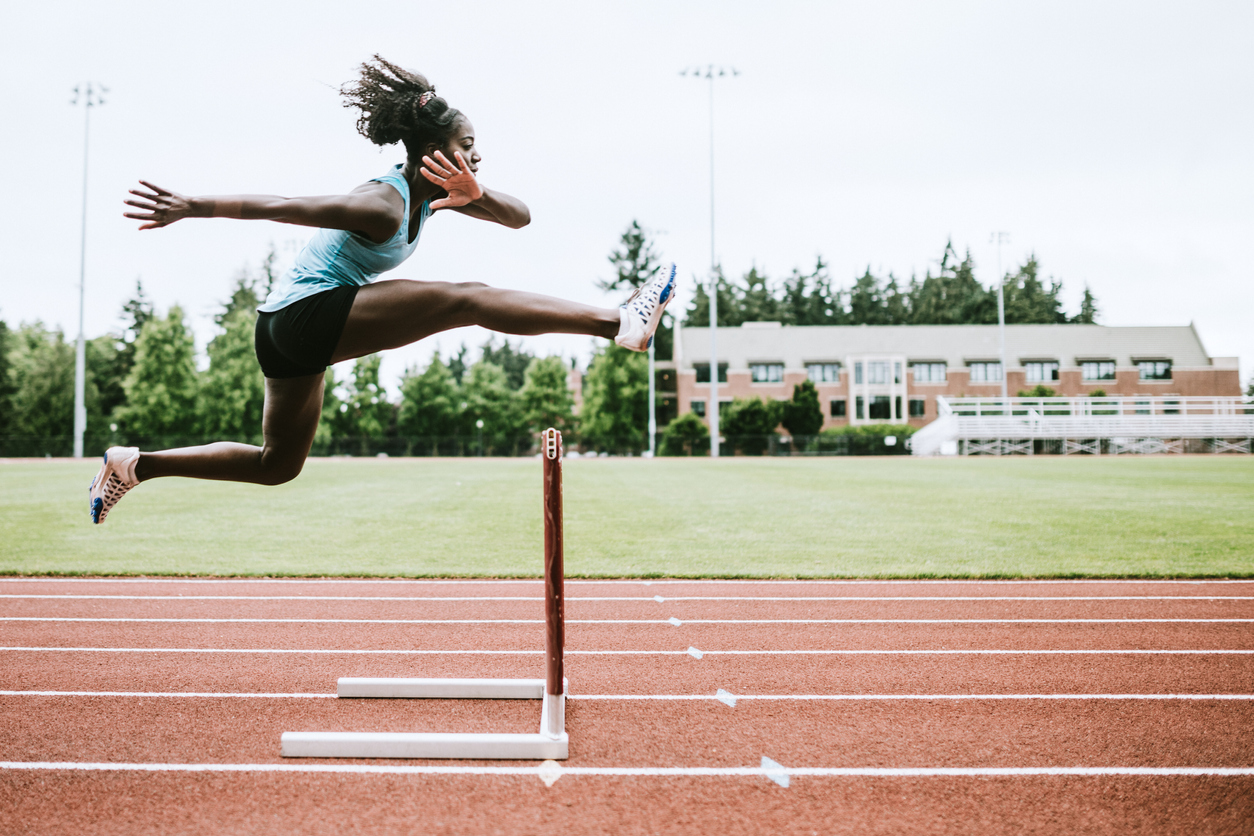6 Ways Athletes Recover and Rejuvenate

Those who are athletically inclined may have the appearance of being naturally fit, healthy, and able to bounce back quickly after intense physical feats. But there’s really a lot going on behind the scenes to give them that ability. From the way athletes rest up to the kinds of routines and habits they keep, everything throughout their day is full of important choices to recover and recharge at the highest levels. These 6 behaviors are perfect for anyone looking to rejuvenate their bodies and recover after a day of athletics.
Quality sleep is king
This may be stating the obvious, but quality sleep is truly the number one way athletes recovery quickly and effectively. SleepScore Labs scientific advisor Dr. Shona Halson, an expert on exercise physiology, shared just how beneficial slumber is for athletes.
“There are many benefits to athletes as a result of appropriate sleep quality and quantity, including performance benefits, muscle repair, immune function, concentration, reaction time, metabolism and mood.”
And most professional athletes agree that sleep is at the top of their recovery to-do list. In fact, Usain Bolt said that his number one priority is sleep.
It’s hard to argue with that. Dr. Halson recommends athletes should aim for at least 8 hours of sleep each night for optimal recovery.
Keep a consistent routine
By keeping the body’s schedule the same each day, athletes are able to more easily fall asleep when they need to, stay asleep for longer, and wake feeling refreshed each morning. This extends not only to keeping the same bed and wake time, but also keeping a regular daytime routine too. This could mean eating meals at the same time, exercising, resting, and so forth.
Be mindful of caffeine
Caffeine is essential to many athlete’s lives – they need it just like the rest of us! In fact, many athletes even use it for an added performance boost during competition.
But being mindful of caffeine is a critical step in recovery for athletes. Consuming it too late in the day can keep you from falling asleep on time, or could lead to awakenings through the night. There’s also the amount of caffeine consumed to think about too. Drinking too much caffeine can make you feel overly anxious, jittery, and of course, restless when it comes time for bed.
Caffeine has a half-life of 6 hours, so we recommend cutting the java no later than 2pm daily, and stick to just a few cups each day.
Use caution with social media and gaming
Who doesn’t love scrolling late into the night, diving deeper into a Wikipedia rabbit hole or a celebrity’s Instagram feed? Social media use is okay in moderation, but late-night scrolling can keep athletes feeling too awake when they need to be resting up and recovering. Smartphone use in the evening is generally frowned upon from a healthy sleep perspective because the device emits blue light, which tells our bodies it’s time to be alert. This conflicts with our natural inclination to feel tired at night, and can often leave us feeling wide awake deep into the night.
If you just can’t live without an evening browsing session, we recommend some blue light blocking glasses, so you’ll be better prepped to drift off at the right time each night.
Similarly, gaming can have these same effects. And the blue light isn’t the only sleep stealer. When we feel extra stimulation or excitement from gaming or online browsing, it makes us feel awake and alert. So avoiding these activities close to bedtime is a good rule of thumb that many athletes follow to keep a healthy sleep schedule.
Manage stress around competition and training
Anyone who’s ever competed at a high level knows that stress and anxiety are ever-present. With heightened pressure to perform well and live up to expectations of success, finding ways to relieve stress in a healthy way can be challenging.
In a Health.com interview, Olympic level athletes shared their favorite de-stressing activities. Sanya Richards-Ross said a long soak in a warm bath helps her quiet the mind, while gymnast Gabby Douglas finds that working through the stress in the gym is best for her.
Even if you’re not an athlete, these 6 behaviors are considered excellent for your sleep health and can be applied to your daily life. As you see what’s right for you, you can continue to adjust your daytime activities for better and better sleep. To truly understand how things like stress, caffeine, and other lifestyle factors impact your night, check out the free SleepScore App to track your habits and your Zzzs. View trends day over day to see what plays a role in a great night of sleep. Try it free tonight!